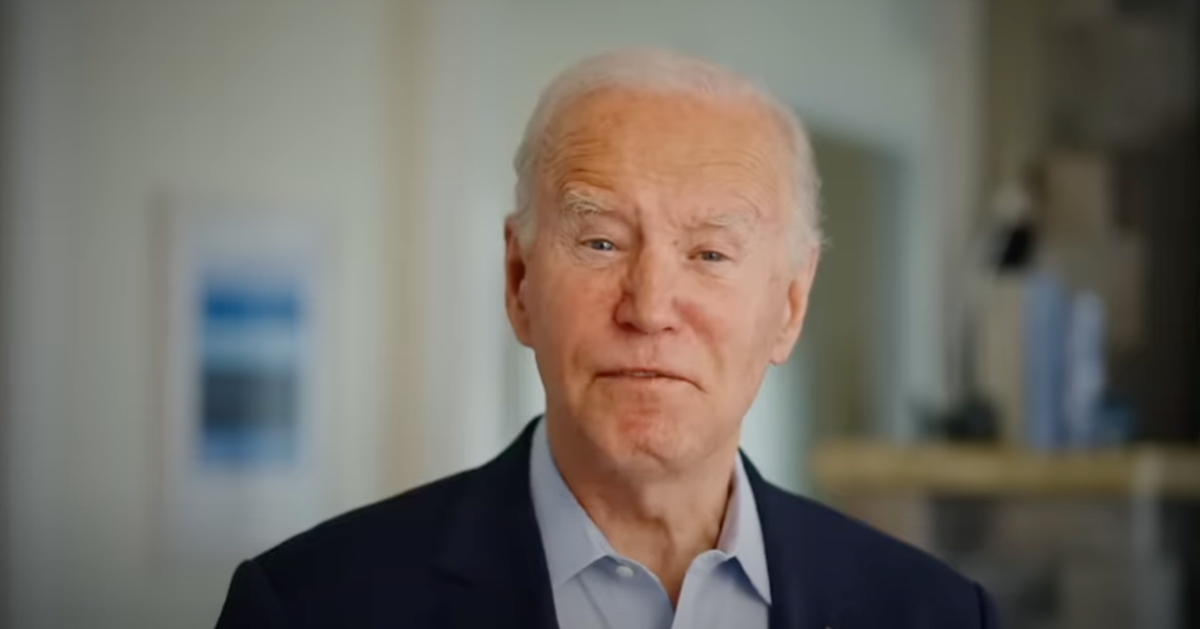University of Virginia president steps down amid federal pressure on DEI initiatives
In a significant move affecting both academia and federal policy, the University of Virginia President James E. Ryan has resigned under pressure from the Trump administration.
The Trump administration's focus on reworking higher education led to the resignation as part of efforts to dismantle diversity, equity, and inclusion initiatives at UVA, as CBS News reports.
On Friday, the Trump administration intensified its actions toward influencing public universities, placing the University of Virginia at the center of its campaign to scale back DEI initiatives. As part of this increased pressure, Ryan resigned from his position as president of the university.
Trump targets DEI in higher education
Key to Ryan's resignation was the concern over potential federal repercussions if the university did not comply with the administration's directives.
The Justice Department's Civil Rights Division accused the university of attempting to bypass federal guidance by rebranding its DEI programs, urging further action to eliminate them.
UVA, facing the risk of losing substantial federal funding, felt the stakes were too high. “I cannot make a unilateral decision to fight the federal government in order to save my own job,” Ryan explained, highlighting the delicate balance the university must maintain in its compliance efforts.
This daunting federal scrutiny -- compared to a "nuclear bomb" within UVA's administration by an unnamed source -- underscored the severity of the situation. The university's future, reliant on federal aid, relied heavily on reaching a compromise or compliance with directives.
University weighs federal mandate compliance
Brian Coy, a university spokesperson, emphasized UVA's commitment to federal laws. Federal support is "essential to continue the core mission of research, education, and clinical care,” Coy asserted, emphasizing the paramount importance of maintaining this aid.
The university’s stance, shaped not only by immediate compliance concerns but also long-term strategic planning, included discussions of broader implications.
Senators and stakeholders even suggested Ryan consider delaying his resignation until after the forthcoming gubernatorial election in November to potentially allow for policy shifts.
This recommendation hinged on the possibility that a Democratic Party shift in state leadership -- should candidate Abigail Spanberger triumph over her Republican rival -- could challenge or change the federal directives.
Impact on American institutions unfolds
The resignation of Ryan marks a notable chapter in the Trump administration's broader campaign, previously concentrating on private and Ivy League schools, but now extending to public universities like UVA.
These initiatives have prompted other institutions, such as Columbia University and the University of Michigan, to recalibrate their DEI strategies.
The ripple effects of these federal pressures are felt in institutions' day-to-day operations, adjusting to avoid punitive actions and maintain essential funding. At UVA, the Board of Visitors voted in accordance with federal mandates, reflecting pressure from the administration and others in positions of influence.
Set against this backdrop is the legacy of the university's founder, Thomas Jefferson, established in 1819 with a vision of education as his most enduring legacy.
Future remains uncertain
The circumstances surrounding UVA’s leadership change illustrate broader questions facing educational institutions nationwide. As policies evolve under different administrations, universities are tasked with navigating these political landscapes thoughtfully and strategically.
Looking forward, the university's path will likely hinge on political developments at both the state and federal levels. Ryan's departure and the circumstances surrounding it remain a critical turning point.
The University of Virginia, opting for compliance under current federal directives, continues to adapt, signaling a cautious approach as it maintains its foundational missions amidst changing political climates.






